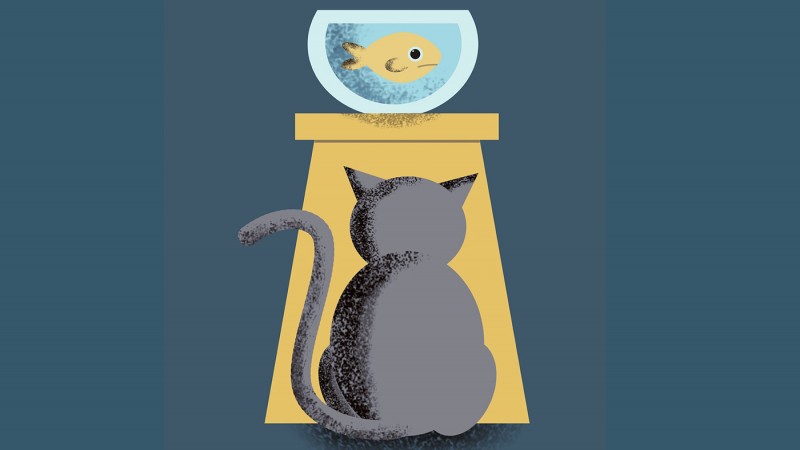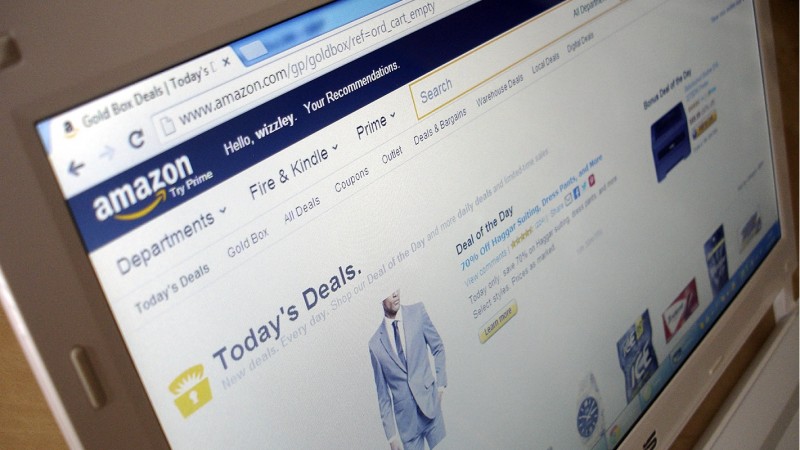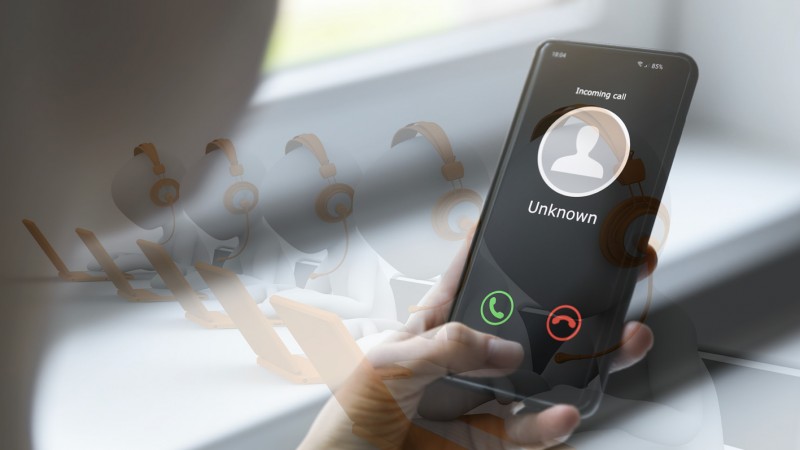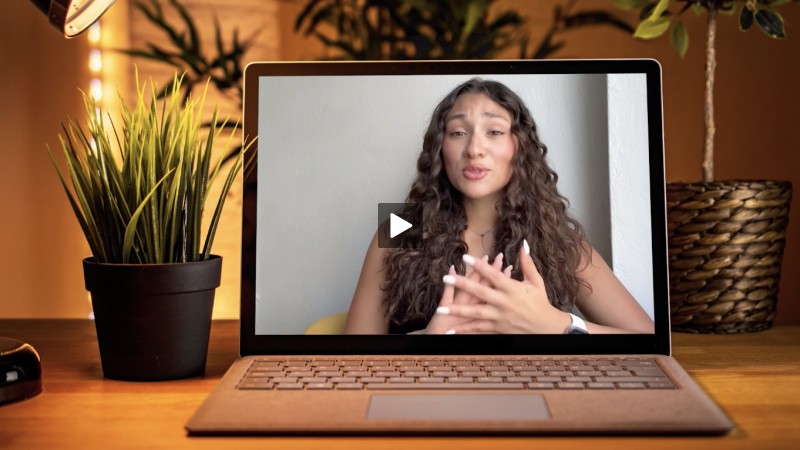What Makes a Source Trustworthy?
- Details
- Category: Articles
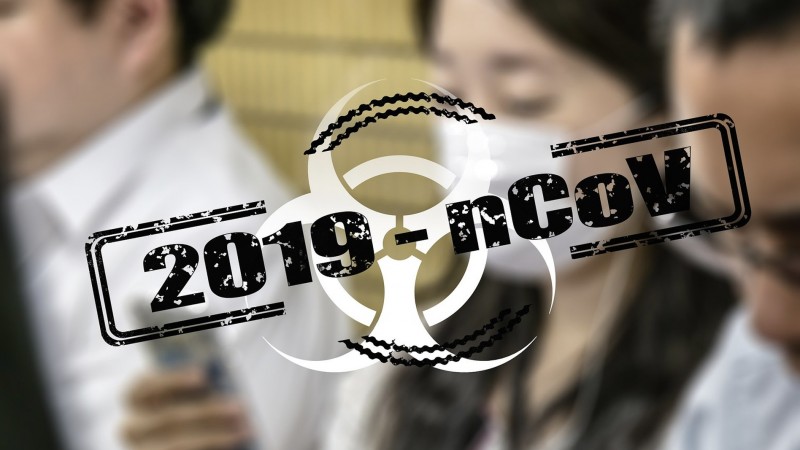
Fake News. Newsfeed bubbles. Partisanship. We hear a lot about bias these days, from just about every direction! Isn't it unavoidable? Bias just means that you believe what you believe, and nobody agrees with one another—right?
The best it can do is give you an idea of what people with many different opinions and ideologies are reading and believing.
Wrong. Bias means that we aren't able to see something clearly because of our specific angle on it. John Godfrey Saxe wrote a Buddhist/Jainist poem about six blind men who set out to find out what an elephant is. One leans against its side and thinks it's like a wall. One touches a tusk and thinks it's like a spear. The rest guess: snake. Tree. Fan. Rope. All of them have very good, immediate, personal reasons to think they're right. But only the one who takes the time to listen to the others will get the bigger picture.
Smart News, a company out of Japan, claims to break us free from our limited views and offer us the whole elephant. How do we know if they're telling the truth?
What Is Their Mission?
Is the source for-profit or nonprofit? All for-profit companies are, by definition, interested in making money, though not all are untrustworthy. Some companies, like certified B corps, balance profit and betterment as closely as they can. Making sure you give your money to companies who really care is one of the best ways to make the world a better place!
The less attention a company gives to other factors besides money, like the quality of lives of their employees, or how much value the customer will get relative to how much they spend, the easier it is to make a lot of money. Just look at how much the Waltons of Wal-Mart pocket...and look at how many of their employees are on welfare.
The first thing you want to figure out about a source is: who and what do they care about? What are they trying to do: make money? Change the world? And how?
Just from looking at their website, you can see that Smart News is a for-profit company with a stated goal of "discover(ing) and deliver(ing) quality stories to the world." They define quality stories as "impartial, trending, and trustworthy." They make their profit through advertising.
Ask Others—Ideally Trusted Third Parties
Would you go into a job interview and talk about the time you called in sick after having a little too much fun? Or tell them how your favorite part of working for your last job was maxing out your PTO? Of course not! That's why your interviewer is probably going to check your references. They're savvy enough to realize that you might not be the best source for an honest and objective review of yourself. Be savvy like them!
Be savvier! Have you ever had a friend ask you to pretend to be a former employer in order to recommend them to a new potential boss? We may think of this behavior as the domain of that one sketchy yet loveable friend, but the fact is, big companies do this all the time. They create a website that looks like a review website, where—surprise, surprise—their own product is rated five stars, two thumbs up, the BEST product of all time. So it's important to find a totally independent site that you trust!
It will usually be pretty obvious whether or not the site you've found can be trusted. How many reviews have they done for products outside of this company? How many other kinds of products do they recommend? Do reviews mention the problems as well as the upsides?
According to Media Bias/Fact Check, which is clearly not created by SmartNews, and has a mission of helping people determine the level of bias in their news sources "Since SmartNews publishes content from both sides we consider them a least biased source. We do however, rate them Mixed for factual reporting because some of the sources they curate have Mixed factual ratings themselves. Again, this is due to the individual sources and not SmartNews. This is a handy app for keeping up with a wide variety of news."
In Conclusion
You can't be sure that every news story you read on SmartNews is trustworthy.
The best it can do is give you an idea of what people with many different opinions and ideologies are reading and believing. This could be helpful in seeing the whole elephant!











